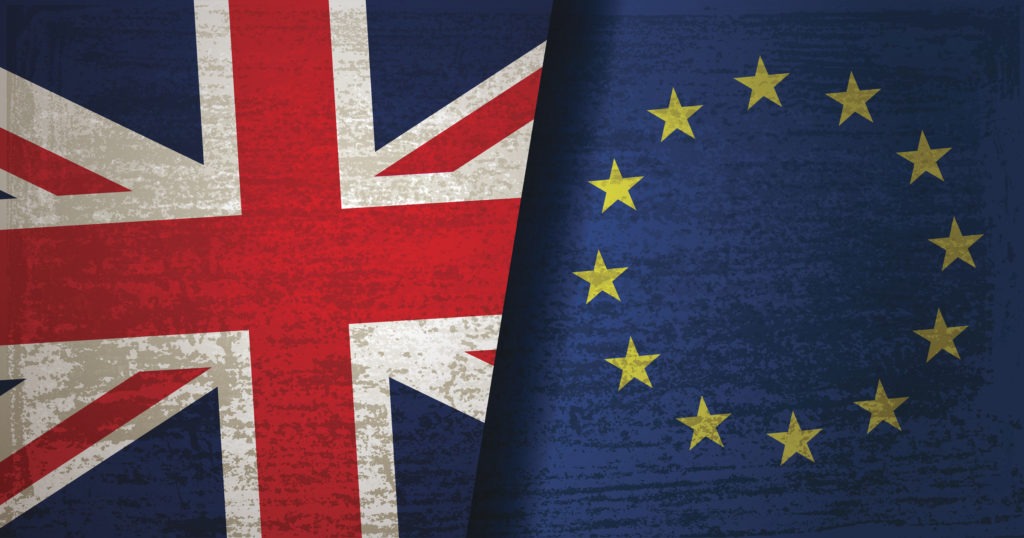Toyota urges government to be clear on Brexit while UK production falls on uncertainty
26 October 2017

26 October 2017
Japanese manufacturer Toyota has urged the UK Government to ′lift the fog’ around Brexit negotiations in order to safeguard the competitiveness of the company’s factories in the country.
Speaking at the Tokyo Motor Show, executive vice president Didier Leroy said the drawn-out plan to leave the EU was creating a lot of uncertainty, and warned that an inability to secure free access to the European market could prompt the car maker to reconsider the future of its plant in Burnaston in the UK.
′We cannot stay in this kind of fog when we don’t know what will be the output of the negotiations, the quicker we can get clarity about that, the better it will be for the way we can prepare for the future.
′Today they [Burnaston] export 80-85% of their production to continental Europe, so if we move to something like an import tax, trade tax or any kind of additional penalty, it will create a big negative impact in terms of competitiveness for this plant,’ he told reporters.
Earlier in 2017, the company announced a £234 million (€263 million) investment to upgrade its UK facilities, supported by a £21.3 million (€24 million) loan from the government, which has said it will do all it can to support the automotive industry in the country.
Japanese manufacturers account for almost half of the 1.7 million vehicles produced in the country, and employ around 16,000 people. Nissan has already stated that it is committed to building new vehicles in its factories, thanks to assurances that trading conditions would remain the same post-Brexit.
Meanwhile, production in the UK fell by 4.1% in September, the fifth time it has dropped in 2017, with manufacturer concerns about Brexit part of the reason for this reduction.
Exports, which account for 80% of the country’s total output, fell 1.1% in the month, while domestic demand fell 14%, according to information supplied by the Society of Motor Manufacturers and Traders (SMMT).
The numbers mean that 6,500 fewer cars rolled off production lines than in the same month last year, with a total build of 153,224. Domestic demand in the month dropped to 31,421 units, contributing to an overall year-to-date production decrease of 2.2%.
British new-car sales are expected to fall this year by about 4% from 2016’s record 2.69 million vehicles, also hit by uncertainty over whether the government will introduce a diesel scrappage scheme or new taxes on the most polluting cars.
As well as Toyota’s worries, there are also signs of unrest within other manufacturers. In October, PSA Group cut 400 jobs at the Vauxhall facility in Ellesmere Port, which it stated was due to the plant running inefficiently. However, in an effort to cut costs, production of the Astra, which is based at the factory, could be moved overseas when the next generation model launches in 2021. This would see further job losses, while the company saves money on export tariffs.
Speaking about the situation, SMMT chief executive Mike Hawes comments: ′Brexit is the greatest challenge of our times and yet we still don’t have any clarity on what our future relationship with our biggest trading partner will look like, nor detail of the transitional deal being sought. Leaving the EU with no deal would be the worst outcome for our sector so we urge government to deliver on its commitments and safeguard the competitiveness of the industry.’